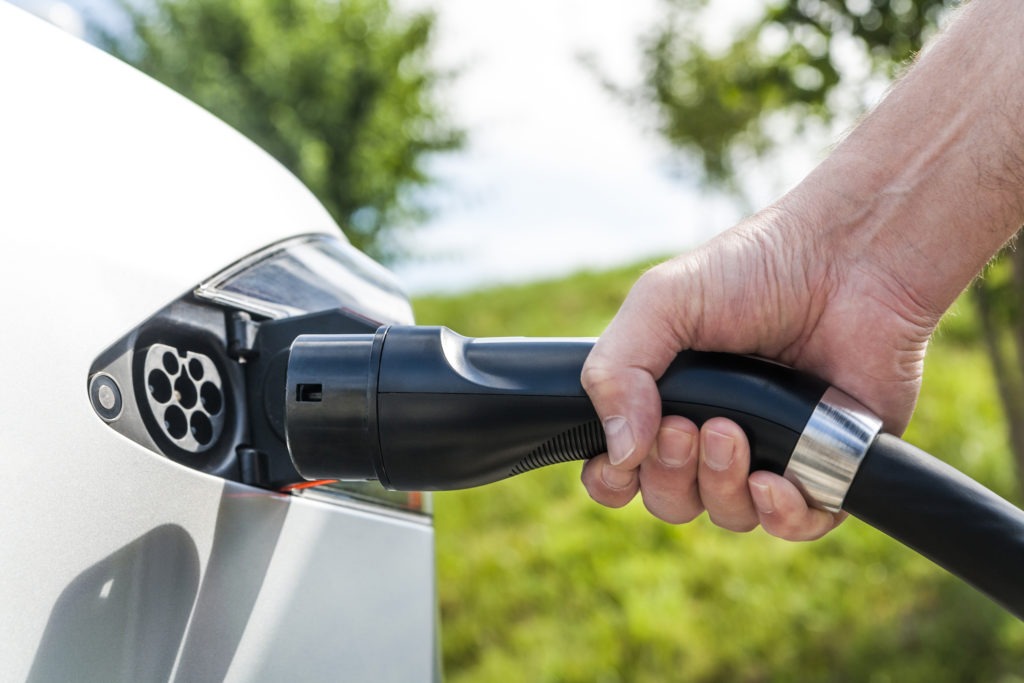Dyson hopes to clean up with plans to build electric car
27 September 2017

27 September 2017
Technology company Dyson, known for its home care products including vacuum cleaners and fans, has announced plans to build a fully electric car by 2020, bringing to reality a project that owner and inventor James Dyson has stated is a long-term ambition.
The company plans to spend around £2 billion (€2.3 billion) on developing the car and the required battery technology, and has already been working in the background on the project for over 20 years, recruiting 400 engineers from manufacturers such as Tesla, Aston Martin and BMW. Dyson hopes that its long-term research and knowledge of bringing innovative technology to market will help in what is becoming a crowded sector.
In an email to employees, Dyson wrote: ′Some years ago, I committed the company to develop new battery technologies. I believed that electrically powered vehicles would solve the vehicle pollution problem. In the meantime Dyson carried on innovating, and at this moment we have the opportunity to bring all our technologies together into a single product. Therefore the company has now started work on a battery electric vehicle, due to be launched by 2020.
′The project will grow quickly from here but at this stage we will not release any information. Competition for new technology in the automotive industry is fierce and we must do everything we can to keep the specifics of our vehicle confidential.’
The company believes that its development of solid-state batteries, which can hold more power and charge in less time than their lithium-ion equivalents, will give it a chance to compete with more established rivals. The benefits of this technology have already been recognised by the wider automotive industry, with Toyota planning to introduce solid-state batteries in vehicles from 2020.
Dyson has also suggested that his electric car would be ′radically different’ than those being designed by other car makers. ′There is no point doing something that looks like everyone else’s. It is not a sports car and not a very cheap car’ he said.
EV technology is changing the automotive industry, allowing new start-ups to enter the arena while established names in other markets are broadening their horizons by planning to join new markets. This means Dyson will be up against more than just the big vehicle manufacturers, many of whom are having to divert funds from elsewhere to research and develop the technology. However, the big companies are also building for an autonomous future, something Dyson would not have to worry about in its plans to bring vehicles to market.
Dyson plans to design and build the new vehicle itself rather than work with existing manufacturers, although the company will work with established parts suppliers for certain components. It will move its automotive engineers to a new base on a former airfield at RAF Hullavington in Wiltshire early in 2018, and will decide upon whether to build a manufacturing facility there or work with factories in China, an area that Dyson believes will be its largest market due to concerns over air quality in the country. China is mulling over whether to ban the sale of combustion engine vehicles in the near future, with France and the UK already having plans in place to do so by 2040.